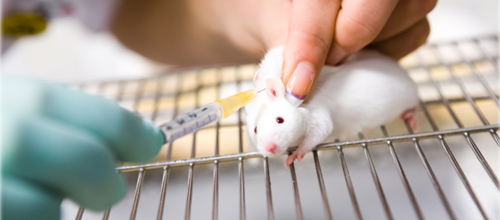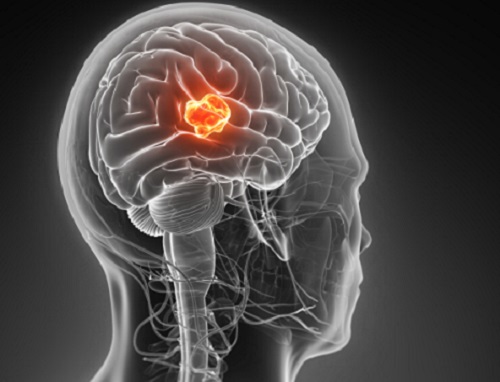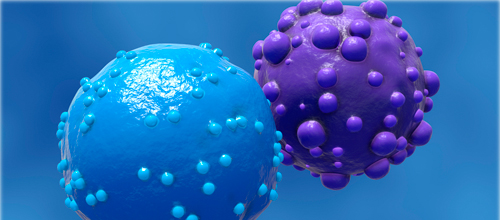June 21, 2016 (Medical News Today)
In Phase 2 trials, chimeric antigen receptors (CARs), genetically engineered protein constructs, rewire T-cells in a patient’s own immune system to recognize and destroy specific antigens on tumor cells associated with aggressive blood cancers. Until recently, targeting solid tumors remained a challenge; CAR-T therapy could not identify targets on solid tumor cells. However, immuno-oncology researchers are poised to jump this hurdle.
As reported in the June 2016 issue of Immunity, which publishes peer-reviewed papers concerning advances in immunology, researchers at the University of Pennsylvania Perelman School of Medicine genetically engineered human T-cells and produced CAR proteins that recognize a specific modification in the protein glycosylation. This modification is identified as a pattern of sugars, which are absent from normal cell surfaces but abundant on certain cancer cells, including tumor cells associated with leukemia, ovarian, breast, and pancreatic cancer cells.
Researchers then injected their novel CAR T-cells into mice with leukemia and pancreatic cancer. The resulting outcomes suggest the first time a CAR-T therapy successfully targeted solid tumors without harming normal cells.
History Behind the Study
CAR-T therapy involves engineering a patient’s own immune system T-cells to recognize and attack cancer cells. T-cells, collected from a patient’s drawn blood, are genetically engineered in the lab to express cell-surface proteins called CARs. These modified CAR T-cells are infused into the patient’s bloodstream, where they recognize and kill specific molecules found on the surface of cancer cells.
This string of desired results has shown progress in targeting and killing aggressive blood cancer cells. But until the University of Pennsylvania study, equally hopeful results have not included solid cancer tumors.
Moving Forward
In collaboration with investigators from the University of Copenhagen and University of Chicago, University of Pennsylvania researchers developed novel CAR-T cells that express a specific antibody called 5E5, which recognizes the glycosylation modification.
When 5E5 CAR T-cells were injected into mice with leukemia or pancreatic cancer, tumor growth reduced and survival increased.
Much more work is needed to determine the safety and efficacy of this fledgling therapy – and indeed the work is ongoing, supported by the pharma company Novartis, the National Institutes of Health, the Danish Research Councils, and the Danish National Research Foundation.
Read the full story along with the researchers’ personal inspiration in Medical News Today.




